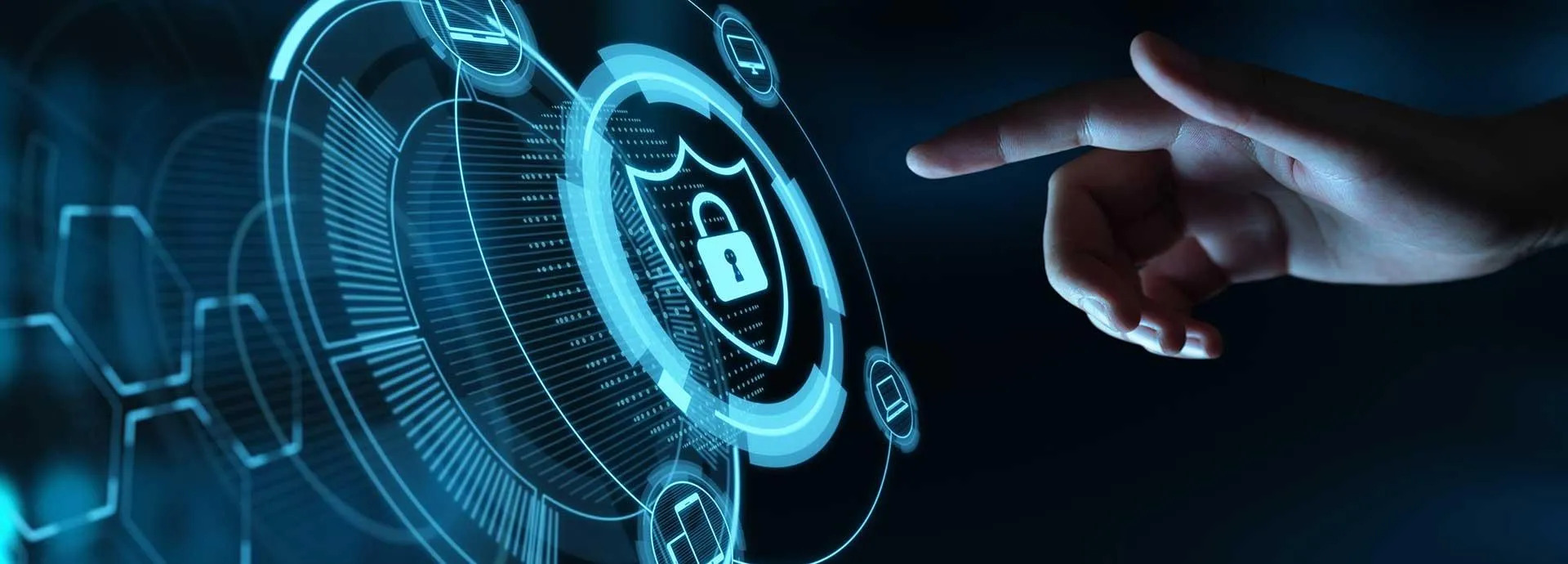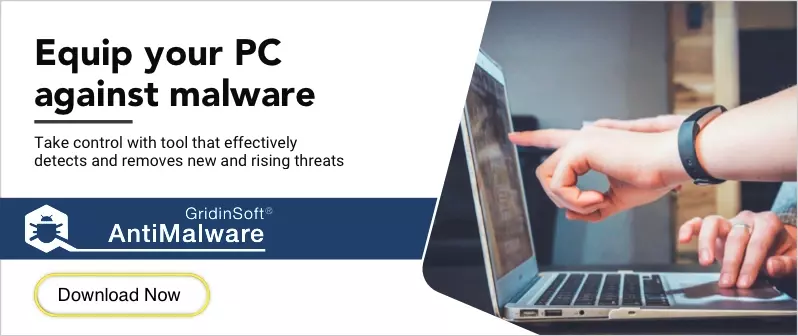In today’s digital world, where data breaches and cyberattacks have become a common occurrence, protecting your computer and personal information has never been more critical. The growing threat of cybercrime has made it essential for computer users to adopt the best security practices to prevent data loss and maintain their privacy. In this article, we will discuss the best computer security habits that will help you stay protected from cyber threats.
1. Keep Your Software Up-to-date
Keeping your operating system and other software up-to-date is one of the easiest and most effective ways to secure your computer. Cybercriminals often exploit security vulnerabilities in outdated software to gain access to your computer and data. Regular software updates ensure that any security loopholes are fixed and that your computer is protected against new threats.
How to Keep Your Software Up-to-date
- Enable automatic software updates.
- Regularly check for and install updates manually.
- Uninstall outdated and unused software.
2. Use Strong and Unique Passwords
Using strong and unique passwords is another essential habit for computer security. A strong password should be at least 12 characters long and include a mix of uppercase and lowercase letters, numbers, and symbols. Avoid using common words and phrases that are easy to guess, such as “password” or “123456.”
How to Create Strong Passwords
- Use a password manager to generate and store unique passwords.
- Avoid using the same password for multiple accounts.
- Change your passwords regularly.
3. Enable Two-Factor Authentication
Two-factor authentication adds an extra layer of security to your online accounts by requiring a code in addition to your password. This code is usually sent to your phone or email and is required to access your account. Enabling two-factor authentication makes it harder for hackers to gain access to your accounts, even if they have your password.
How to Enable Two-Factor Authentication
- Check if the websites you use support two-factor authentication.
- Enable two-factor authentication in your account settings.
- Use an authentication app, such as Google Authenticator, for added security.
4. Use Antivirus Software
Antivirus software is designed to detect and remove malware from your computer. It provides real-time protection against viruses, spyware, and other malicious programs. Using antivirus software is essential for maintaining your computer’s security and preventing cyber-attacks.
How to Choose the Best Antivirus Software
- Look for antivirus software that offers real-time protection.
- Check for reviews and ratings from trusted sources.
- Consider additional features, such as anti-phishing and anti-ransomware protection.
5. Be Cautious When Clicking Links and Downloading Files
Clicking on malicious links and downloading infected files is one of the most common ways cybercriminals gain access to your computer. To avoid falling victim to these threats, be cautious when clicking on links and downloading files, especially from unknown sources.
How to Stay Safe When Clicking Links and Downloading Files
- Only click on links from trusted sources.
- Verify the URL before clicking on a link.
- Scan all downloaded files for malware before opening them.
6. Use a Firewall
A firewall is a software or hardware device that monitors and controls network traffic. It acts as a barrier between your computer and the internet, preventing unauthorized access to your computer. Using a firewall is essential for protecting your computer from external threats.
How to Use a Firewall
- Enable the built-in firewall on your computer’s operating system.
- Consider using a third-party firewall for added security.
- Configure your firewall settings to block incoming connections from unknown sources.
7. Regularly Backup Your Data
Regularly backing up your data is an essential habit for computer security. It ensures that you have a copy of your important files in case of a hardware failure, theft, or cyberattack. Without a backup, you risk losing all your data, including valuable documents, photos, and videos.
How to Backup Your Data
- Use cloud storage services, such as Google Drive or Dropbox, to backup your data automatically.
- Use an external hard drive or USB drive to create a manual backup.
- Set a regular backup schedule to ensure your data is always protected.
8. Be Careful When Using Public Wi-Fi
Public Wi-Fi networks are convenient, but they are also a prime target for hackers. When you connect to a public Wi-Fi network, your data is transmitted over the airwaves, making it vulnerable to interception. Hackers can use various techniques to steal your data, including man-in-the-middle attacks and packet sniffing.
Tips for Using Public Wi-Fi Safely
- Avoid accessing sensitive information, such as online banking or email, when using public Wi-Fi.
- Use a virtual private network (VPN) to encrypt your internet traffic and protect your data from prying eyes.
- Verify the network name and password with the network provider to ensure you are connecting to the correct network.
9. Educate Yourself About Phishing Scams
Phishing is a common cybercrime technique used to trick users into revealing sensitive information, such as login credentials or credit card details. Phishing attacks often come in the form of emails, text messages, or social media posts that appear to be from a legitimate source.
How to Spot and Avoid Phishing Scams
- Be cautious when opening emails or messages from unknown sources.
- Check the sender’s email address or social media profile to ensure it is legitimate.
- Look for spelling and grammar errors in the message, as these are often a sign of a phishing scam.
- Don’t click on links or download attachments from suspicious emails or messages.
10. Keep Your Social Media Accounts Secure
Social media is a part of our daily lives, but it also presents a significant security risk. Hackers can use your social media accounts to steal your personal information or launch phishing attacks on your friends and family. Therefore, it is crucial to keep your social media accounts secure.
Tips for Securing Your Social Media Accounts
- Use strong and unique passwords for each of your social media accounts.
- Enable two-factor authentication to add an extra layer of security to your accounts.
- Be cautious when clicking on links or downloading files from social media messages or posts.
- Review your privacy settings and limit the amount of personal information you share on social media.
Conclusion
By adopting these best computer security habits, you can protect your data and privacy from cyber threats. Keep your software up-to-date, use strong and unique passwords, enable two-factor authentication, use antivirus software, be cautious when clicking links and downloading files, use a firewall, and regularly backup your data. Remember that the best defense against cybercrime is prevention, so take the necessary steps to protect your computer and personal information.





